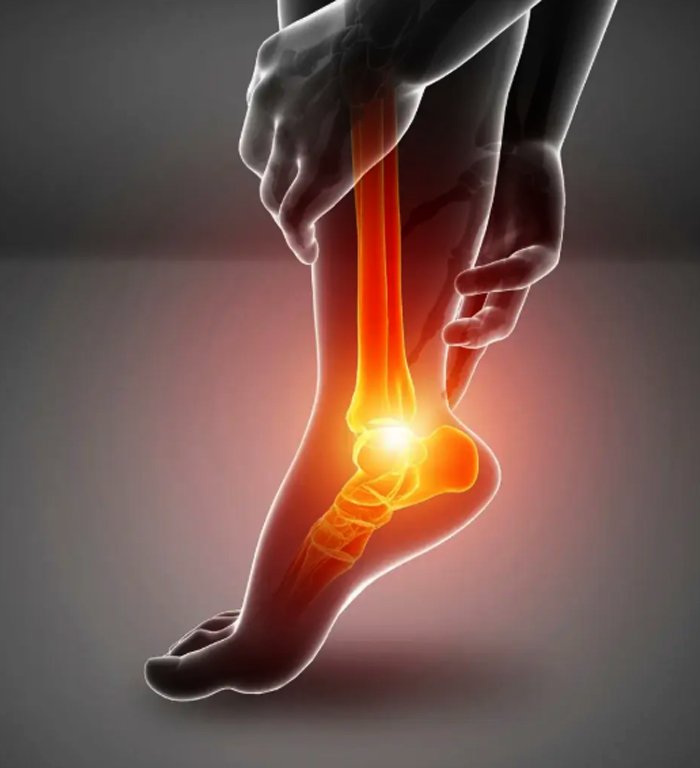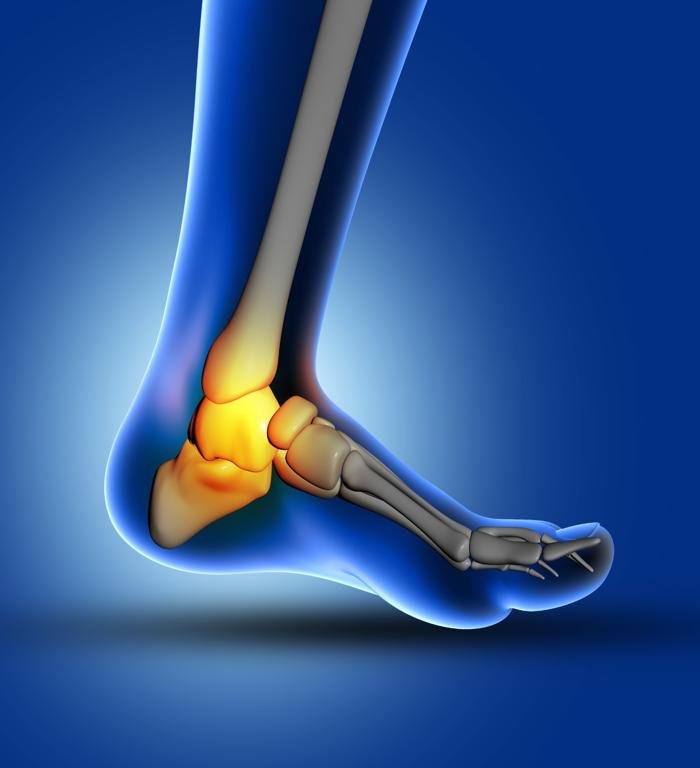
Plantar Fasciitis: Symptoms and Causes
Every part of our body is interconnected with specific functions. We often don't properly take care of our feet, which propel us forward and support us with every step. In the midst of our busy lives, we often ignore foot pain and other discomforts. But not all foot problems are so trivial. Do you know what plantar fasciitis is? In today's blog, let's take a look at plantar fasciitis and why this condition occurs in the feet.
What is Plantar fasciitis?
The plantar fascia is a layer of tissue that runs along the bottom of the foot. It acts as a shock absorber that helps with everything from walking, running, and standing. This provides flexibility to the foot and helps it store and release energy with each step. Plantar fasciitis is a condition that causes swelling due to excessive pressure, stretching, and repeated minor injuries.
The main symptom of plantar fasciitis is severe foot pain upon waking. This condition is caused by the foot's inability to absorb shock properly, which causes excessive pressure on the heel. This type of pain can occur after sitting for a long time, after exercising, or even while walking. A person with plantar fasciitis will experience a sharp pain on the bottom of their foot. This pain can occur in one or both feet. There may also be mild swelling or tenderness under the foot.
The main symptom of plantar fasciitis is pain in the heel, but let's examine what other conditions can cause similar pain.
Strenuous activities
Our feet bear the weight of our body with every step we take. Activities such as excessive walking, running, and climbing put excessive stress on the feet and ankles. When walking or running excessively, this pressure increases and can cause trauma to the muscles and ligaments in the feet. Continuous impact can later lead to pain and other discomfort in the foot and lead to plantar fasciitis. It is essential to provide the feet with the necessary rest and protection while performing such activities.
Flat feet
Flat feet and high arches vary from person to person. It is important to keep your arches in proper alignment, which helps reduce impact when walking, but some people have flat feet. These flat feet are either present at birth or develop as we age. People with flat feet and high arches are unable to balance their weight properly. This increases pressure on the knees, hips, and outside of the feet, reducing the foot's ability to absorb impact when walking.
Insufficient footwear support
Wearing unprotected footwear on ill-fitting feet is very harmful to the health of the feet.
Tight shoes, high heels, and sandals without proper support can all put excessive pressure on the feet. Wearing the wrong footwear can cause increased stress on the knees, hips, and spine.Shoes without proper cushioning and arch support do not protect the feet and can cause trauma to the feet, which can lead to damage to bones and joints.
Obesity
Obesity is a major factor that significantly affects foot health. As your body weight increases, the weight your feet have to bear with each step also increases, causing excessive pressure. People who are obese are more likely to have reduced blood flow and swelling in their legs. This causes conditions like plantar fasciitis. Controlling body weight is very important for the health of the feet.



